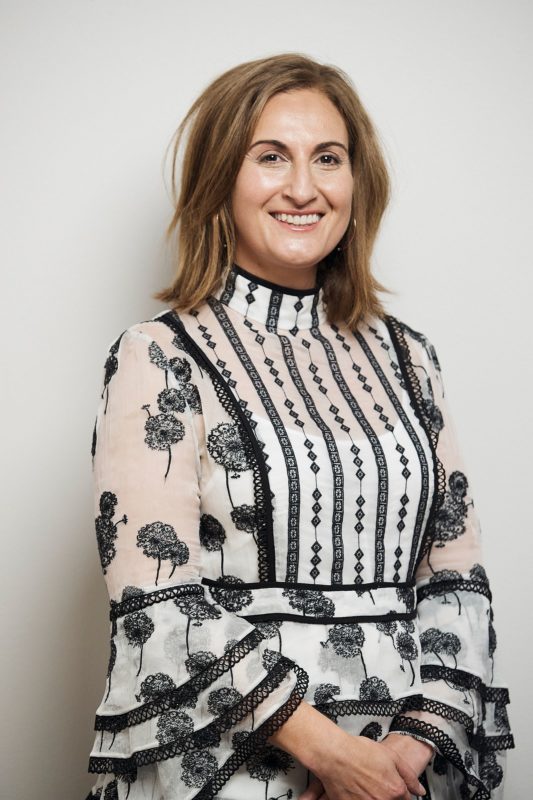Future creative: Where do you see the role of the ECD going in the next 10 years?
In part two of our chat with executive creative directors (ECDs), Mumbrella’s Andrew Banks wanted to find out if everybody gets along with each other despite creative differences, and what the role might look like in the future.
We asked 12 ECDs across the media, marketing and advertising agencies some questions about their daily lives and the key issue facing them while doing their jobs. Here are some of last week’s responses.
This week we ask – among other things – “where do you see the role of the ECD going in the next 10 years?”

Lisa Taylor


Eleven men out of twelve. It’s 2022. Come on. Do better than this.
I cannot believe that out of 12 ECDs you only managed to speak to one female. Quite frankly, I’m surprised and disappointed. Mumbrella has positioned itself as champions of diversity and inclusion, yet this is a sea of white, male creatives. Change the lens.
Mumbrella is happy to help change the lens by highlighting this disparity in the workplace.
Lol happy to help change the lens? Like you’ve done the industry a service by NOT asking women ECD’s for their opinion.
Sarah McGregor, Claire Waring, Mandie van der Merwe, Laura Petruccelli and the countless women aspiring to be an ECD will be forever grateful for your service.
Thank you Mumbrella.